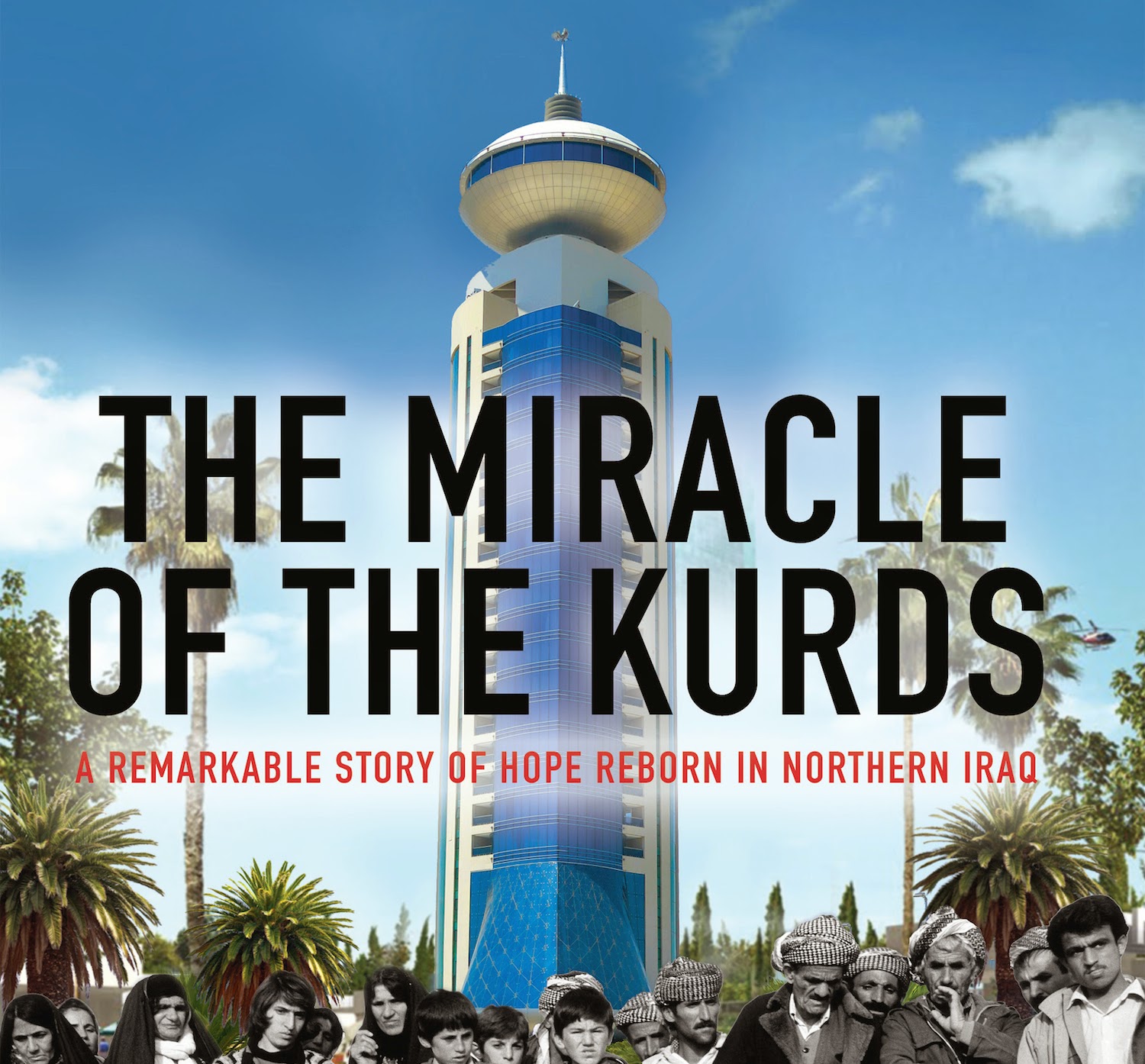The Miracle of the Kurds
A few years ago, my family and I toured the CNN facilites in Atlanta where the tour guide was asked about bias in the reporting of the news. Our guide assured us that there was no bias, that all news stories were given equal consideration. Just a few moments later, we were shown the place where the one person sits who decides what gets on the air and what doesn't. "Bias" may not be the correct term. "Favoritism" or "what attracts attention" may be the bigger issue. In this age of multiple 24-hour news sources, we know certain "news" stories attract ratings and others simply don't.
We've heard many, many stories coming out of Iraq in the last decade, but mostly what we hear is from southern Iraq and from Baghdad. We hear little of what is happening in the north, among the Kurdish people, and that is a problem Stephen Mansfield sets out to correct in this book, The Miracle of the Kurds. The Kurds live in the mountainous area now (at least informally) known as Kurdistan, and they were targets of Saddam Hussein's wrath (much as the Jews were the target of Hitler's wrath in World War II). As a people they have suffered much, and while Mansfield is careful to tell that story, I'm certain that he has only scratched the surface in describing the horrors these people went through.
But the horror of history is not really the focus of Mansfield's book. He both begins and ends the book with stories of hope, of the resurgence in economics, religion, and general well-being of the Kurdish people. His love for these people comes through on every page, and his hope for the future is well spoken (even in the midst of a brief epilogue focusing on ISIS). Mansfield's prose is easy to read, and the history is interspersed with stories of real people who are making a real difference in Kurdistan. Even the horror of the massacre of Halabjah is made real by telling the stories of individual people.
Mansfield is a Christian and has written many times on the topic of faith intersecting with politics or other spheres of the world. But in this book, his Christian faith takes somewhat of a backseat. It's not absent, nor does he try to hide it, but this is first and foremost a story of the people of Kurdistan, and secondarily the story of how our faith ought to motivate us to both care for and reach out to the Kurds and others like them. Mansfield, rightly so, is not heavy handed with his faith in this account.
Anyone interested in this region of the world, or in history, or in modern political situations will find this book an accessible and enjoyable read. While the beginning is slow, once I got past the first couple of chapters, I found I could hardly put it down.
+++++++
Full Disclosure: I was provided a copy of this book by First Look in exchange for a fair review.



Comments
Post a Comment